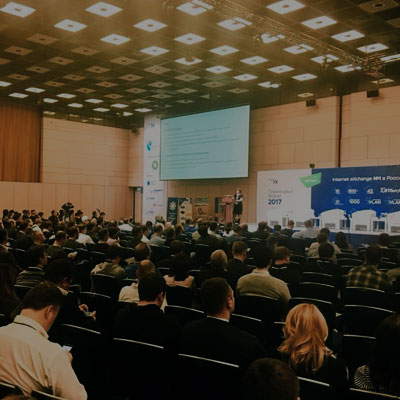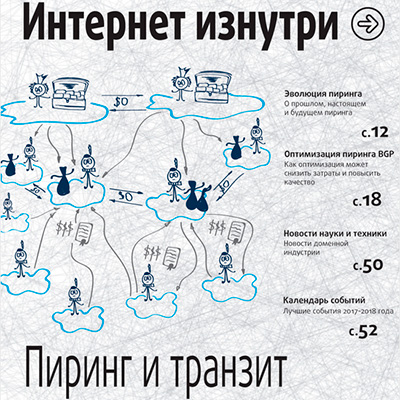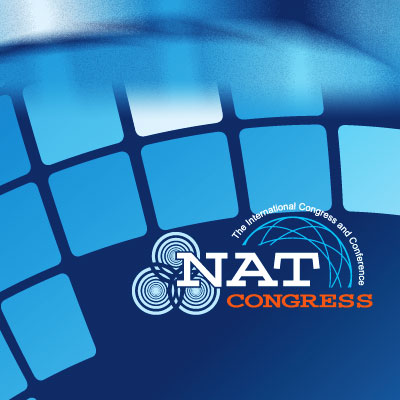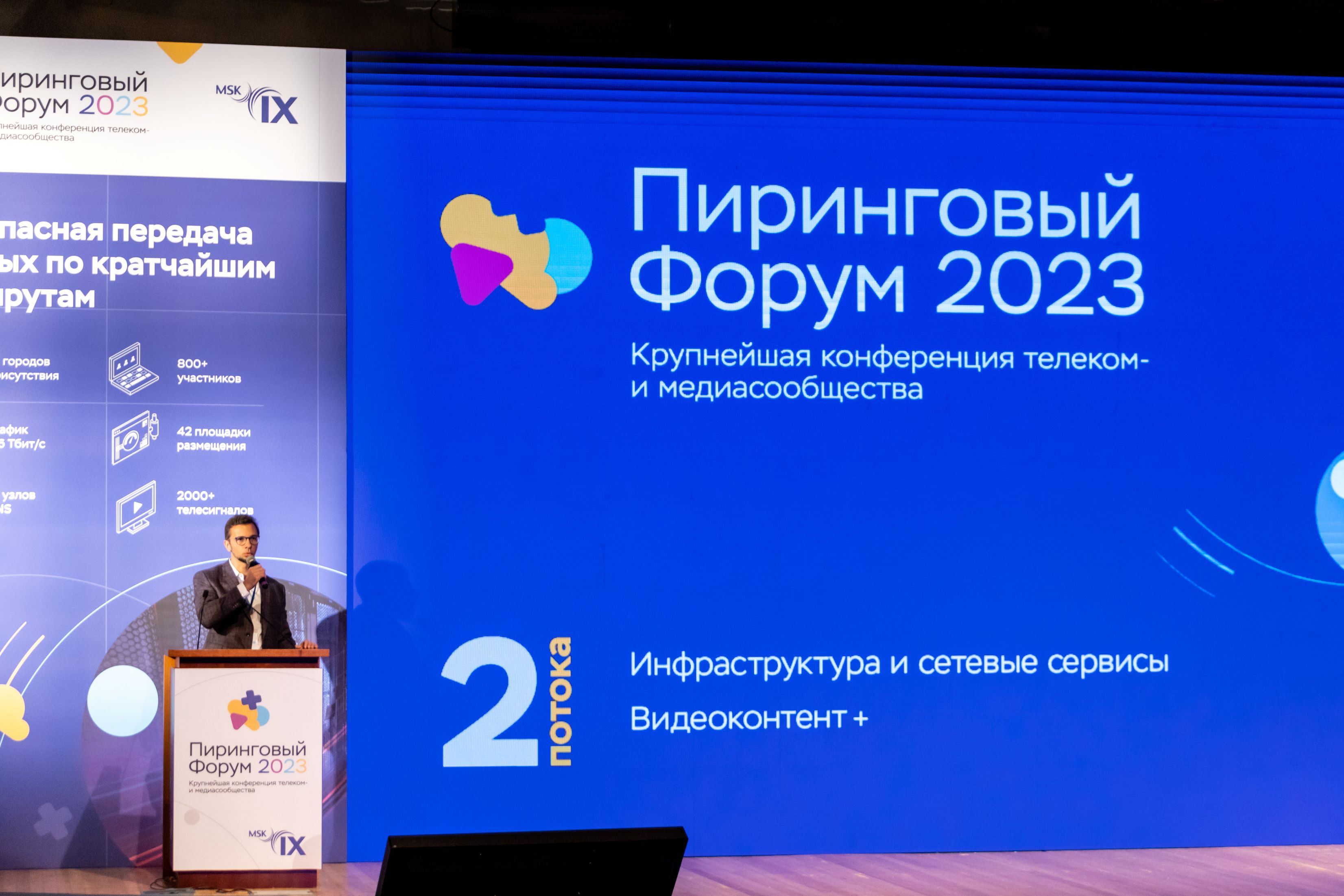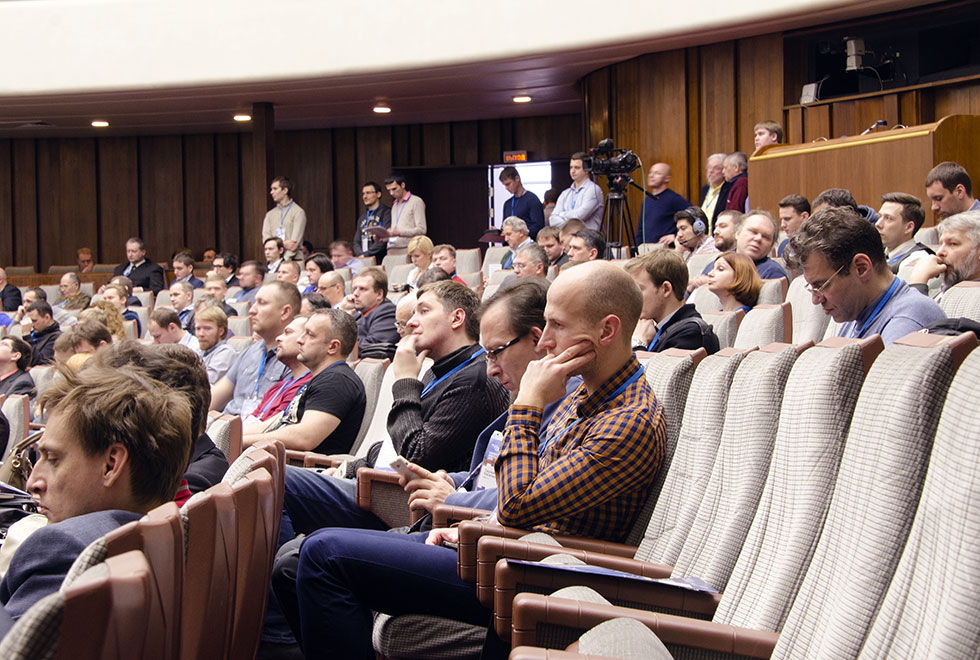MSK-IX comes to Europe

The node is located on the Riga Radio and TV Tower on the Zakusala Island – the key center of telecommunications activities in the region. Latvia’s Optron telecom company is the project’s partner.
The appearance of MSK-IX’s Riga access node is above all a response to higher volumes of traffic between Russia and Northern Europe, the Baltic countries, in particular. Moreover, as TV broadcasters and cable TV operators have shown more interest in recent years in terrestrial transmission of digital TV signals between Moscow and Europe, the MSK-IX Riga node is an optimal solution. It has already been included in the Medialogistics project and is being used by TV companies and cable TV operators to deliver TV signals to Russia. The signals of Viasat channels – TV1000, TV1000 Russian Cinema and TV1000 Action – are delivered via fiber optic cables through the MSK-IX Riga node in high definition.
So far, 20 million rubles have been invested in the project and three new participants have been connected.
Aside from creating new opportunities and making things more convenient for viewers, the digitalization of TV signals sets higher standards for signal quality and delivery networks, hence the growing demand for correct encoding and TV quality control at each part of the route from a TV studio to a viewer.
The experience gained by MSK-IX specialists in consolidating, transmitting, delivering and controlling the quality of TV signals allows MSK-IX to successfully perform tasks for TV broadcasters and OTT services, IPTV and cable operators. The node’s convenient geographical location optimizes signal delivery routes and enables broadcasting companies to cut expenses.
“Besides traditional traffic exchange services, we see rising demand for reliable terrestrial distribution of quality digital TV signals. Therefore, MSK-IX’s new PoP in Riga is not just new geography or new participants, but also new cooperation opportunities both with traditional clients and partners and the television industry,”
MSK-IX General Director Yelena Voronina said.

